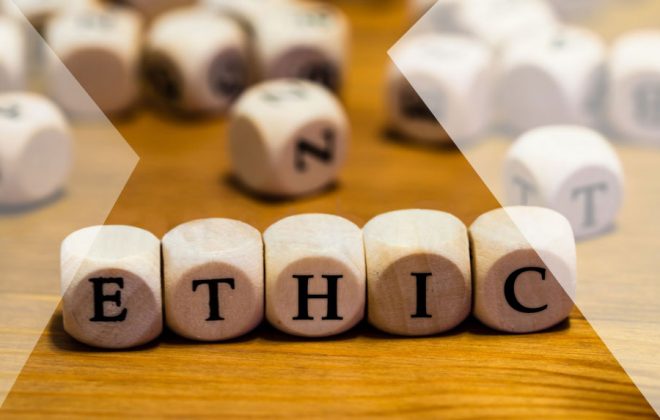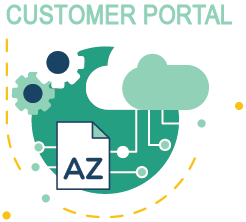It’s time to clarify something: Language service providers (LSPs) do not provide translation. They provide vendor management, project management, and sales. This may come as a shock to you. You may then ask why one would hire a language services company to provide translations if that is not even their core competency? The answer is because […]
THE GREEN COLOR SPECTRUM THAT THE HUMAN EYE PERCEIVES
Tetras Translations uses the color green to represent itself. Green is the color of nature, of peace, and of relaxation. This color is more significant for people than they may think. The human eye perceives green-yellow colors down to the finest nuance. Why? This fine sense of vision goes back to our evolution. Over half […]
THE IMPORTANCE OF ETHICS AND THE COMPANY’S CODE OF ETHICS
At Tetras Translations, a company with an international clientele, we try to act pro-socially every day, both toward our customers and toward each other.Generally speaking, few employees can describe terms such as ethics or code of ethics.Today, every profession requires the observance of many laws, standards, and regulations applicable to its performance.This mainly involves technical, […]
THE TRADITION OF CHRISTMAS MARKETS
In today’s hectic times, we often lack time for shared moments with family and friends. We especially miss this during the time before Christmas. It is no different at our company Tetras Translations. So every year we organize St. Nicolas Day for the children, an evening Christmas party, and a staff ball. Do you also […]






